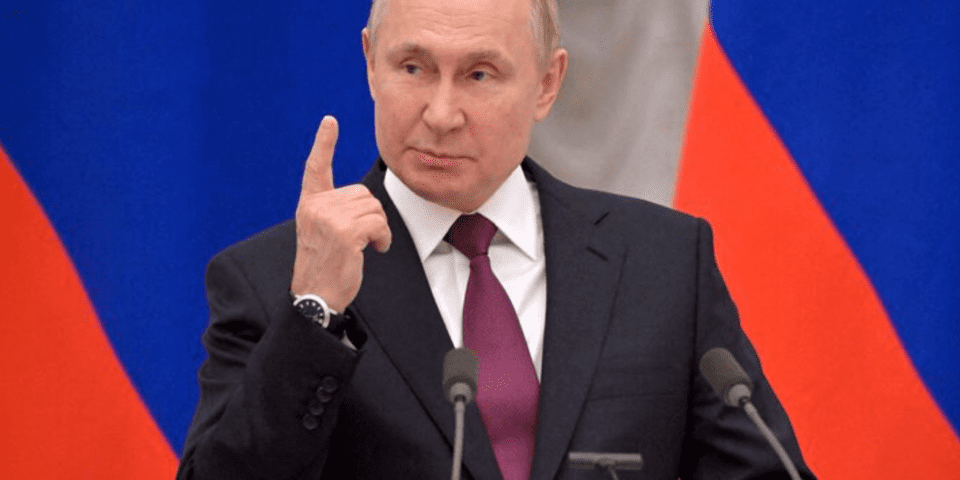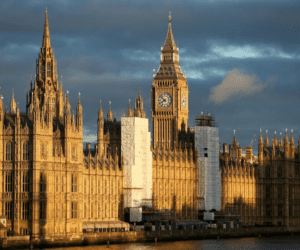BY PAUL O’DONOGHUE, Senior Correspondent
The FATF has not added Russia to its blacklist, despite major pressure from Ukraine to do so.
However, the Paris-based organization confirmed that Lebanon has been added to its grey list, as widely expected. Also added to the list were Algeria, Angola and the Ivory Coast.
In a statement following its plenary, the FATF said: “The suspension of the Russian Federation continues to stand.”
Reuters reported that a proposal from Ukraine to blacklist Russia was discussed at the FATF plenary this week. However, it said the move was rejected by countries including China, India, Saudi Arabia and South Africa.
One source told the publication that Ukraine’s proposal to shut out Russia had been “postponed to gather more evidence”.
Russia, formerly a full FATF member, was suspended by the organization in 2023, a year after the country’s invasion of Ukraine.
FATF said the action was “ illegal, unprovoked and unjustified” and also said it had major concerns around AML issues such as the arms trade between Russia and and sanctioned jurisdictions.
“All jurisdictions should be vigilant to risks from the circumvention of measures taken against the Russian Federation,” the FATF said.
The FATF sets international AML standards. Countries added to its grey list have issues with their AML standards which must be addressed before the designation can be removed.
Countries with this designation tend to receive reduced international investment.
Blacklisted countries have the most serious AML failings. Currently, just three countries are on this list – Iran, Myanmar and North Korea.
The FATF has said its decision to suspend Russia’s membership is one of the strongest actions it can take against a member.
However, senior Ukrainian figures, including Minister of Finance Serhiy Marchenko, had called for Russia to be blacklisted.
Elsewhere, the FATF confirmed Lebanon’s widely predicted greylisting. FATF officials were reported to be concerned about the country’s approach to counter financial crimes such as money-laundering,
The FATF also confirmed three more nations have been added to the list.
“At this plenary, the FATF added Algeria, Angola, Côte D’Ivoire and Lebanon to the list of jurisdictions subject to increased monitoring.”
The move will come as a major blow to Lebanon. Lebanon’s weak judiciary and growing reliance on cash since its 2019 banking collapse have raised red flags.
In 2023, the FATF rated the country’s efforts to combat money laundering as having “low” effectiveness.
The IMF has previously noted that grey listing significantly reduces capital inflows into affected countries. Lebanon is already feeling the impact, with many international banks severing ties with local lenders due to the collapse of its currency and banking sector.
Remittances, a key pillar of Lebanon’s economy, could face more scrutiny, complicating efforts for citizens working abroad to send money home. Economist Roy Badaro told the Financial Times that transfers will now be subject to increased checks.
Leila Dagher, a former adviser to the Lebanese government, also told the publication that higher compliance costs could further destabilize Lebanon’s “fragile” banking sector.
The FATF gave Lebanon a year to implement reforms, but political deadlock meant that key measures went unmet.








